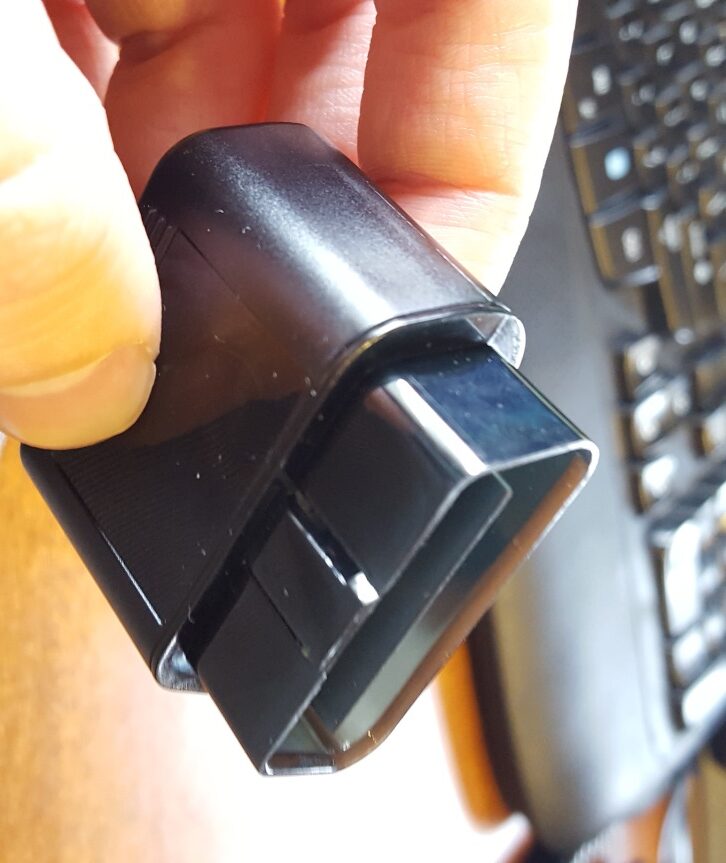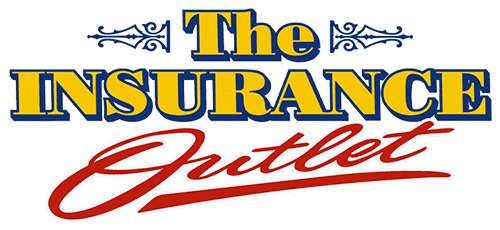
Traditionally, auto insurance rates have been based on risk factors determined by a driver’s age, type of car, marital status and zip code. Needless to say, this is less than a perfect system relying on predictive risk modeling as determined by statistics and research.
Rewarding Safe Driving
While Safe Driver programs offer lower premiums and/or bonuses for drivers who have filed no claims over a period of time; they are simply a reflection of history rather than present behaviors. Through these programs, improved driving habits may take years to result in lowered rates.

A small device, called a Dongle, is plugged into the car’s port to transmit driving information to the insurance carrier.
A Better Mouse Trap
With recent technology allowing for the collection of accurate data, we now have the option of Usage-based Insurance. UBI, also referred to as “Pay as You Drive”, is defined by Wikipedia as “a type of vehicle insurance whereby the costs are dependent upon type of vehicle used, measured against time, distance, behavior and place”.
Data is transmitted to the insurance carrier through onboard telematics technology by simply plugging in a small device, called a Dongle. By collecting information such as time of day driven, miles driven, and breaking habits, insurance carriers are able to analyze real-time data and price the risk of a driver more accurately, resulting in an average savings of 6% and 30% for qualified drivers.
Through the use of mobile apps, drivers are able to access personal data relating to their driving habits. With a potential cost savings as incentive, over 50% of drivers report that they have made efforts to modify their driving. Carriers are hopeful that this will result in making our roads a bit safer for everyone.
Some carriers offer a trial period for Usage-based Insurance. Contact us today to discuss the potential for reducing your auto insurance rates through this technology.
[/et_pb_text][/et_pb_column][/et_pb_row][/et_pb_section]
